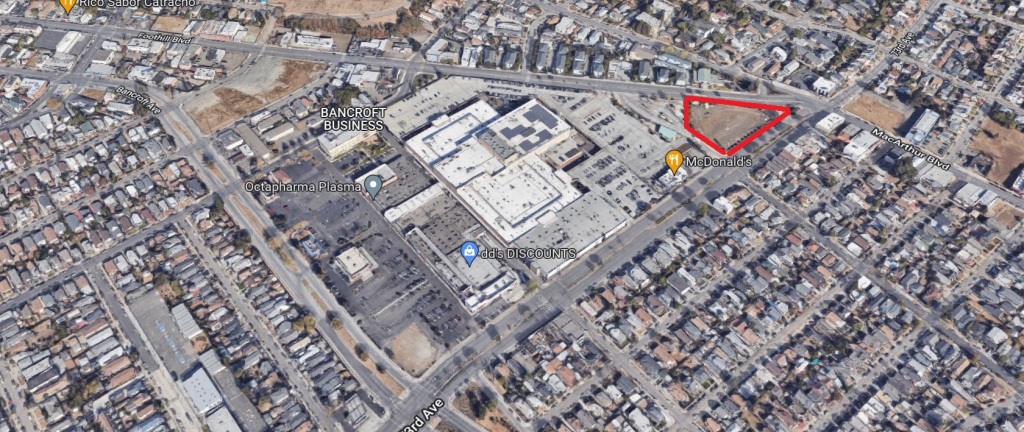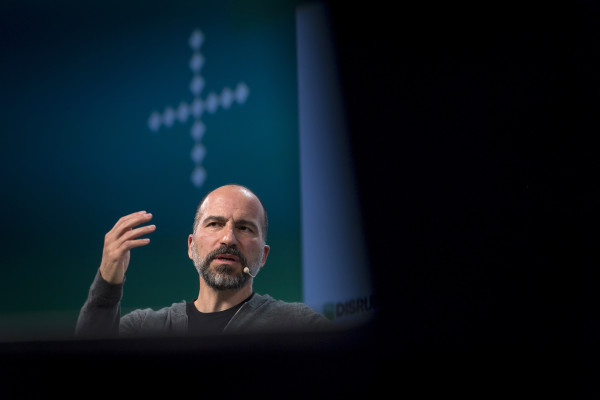OAKLAND — A Black cultural center and more than 100 affordable homes — some of them live-work spaces for artists — could sprout at a prominent location in East Oakland.
The mixed-use development could add 120 affordable residences and a Black culture zone to a triangle-shaped parcel next to Eastmont Town Center at the confluence of 73rd Avenue, Foothill Boulevard and MacArthur Boulevard.
In addition to the affordable homes, the development would also include a building dedicated to multiple uses that celebrate and feature Black culture, according to Carolyn Johnson, chief executive officer of BCZ Community Development Corp., which is leading the development of the Black Cultural Zone complex and affordable homes.
“This location has been abandoned for about 15 years,” Johnson said. “It mirrors the abandonment of East Oakland.”
But that could all begin to change, at least on the site of the proposed project, which sits in a part of the city long overlooked by developers in favor of places like downtown and Jack London Square.
“This can show we are turning things around,” Johnson said.
The cultural center is expected to total 26,000 square feet, according to documents on file with Oakland officials.
“It’s going to be a food hall, an event hall, a music hall, a performance center and a center for Black culture,” Johnson said. “We will have a rooftop event space.”
Of the 120 affordable homes, 20 will be set aside as live-work spaces for “cultural entrepreneurs,” according to the preliminary application that’s on file at City Hall.
“The 20 residences will be set aside for makers, artisans, craftspeople, and others who want to live near where they want to activate their work,” Johnson said. “We will have arts, crafts, food.”
The cultural center building also will offer co-working spaces for the community.
The project would be developed on the current 1.2-acre site of Liberation Park.
“We are going to keep some of the elements and activities that now occur at Liberation Park,” Johnson said.
BCZ Community Development is attempting to negotiate with Oakland officials regarding how the property will be owned as the project efforts proceed.
“We are moving rapidly to reach a development and disposition agreement with the city,” Johnson said.
Johnson’s organization aims to develop more similar sites in Oakland.
“We want to develop 10 of these Black cultural zone hubs and this is the first one,” Johnson said.
If the project can be developed, Johnson believes that would represent a turnaround for the neighborhood.
“From the perspective of hope,” Johnson said, “to be able to turn this asset around means this community can do anything.”










